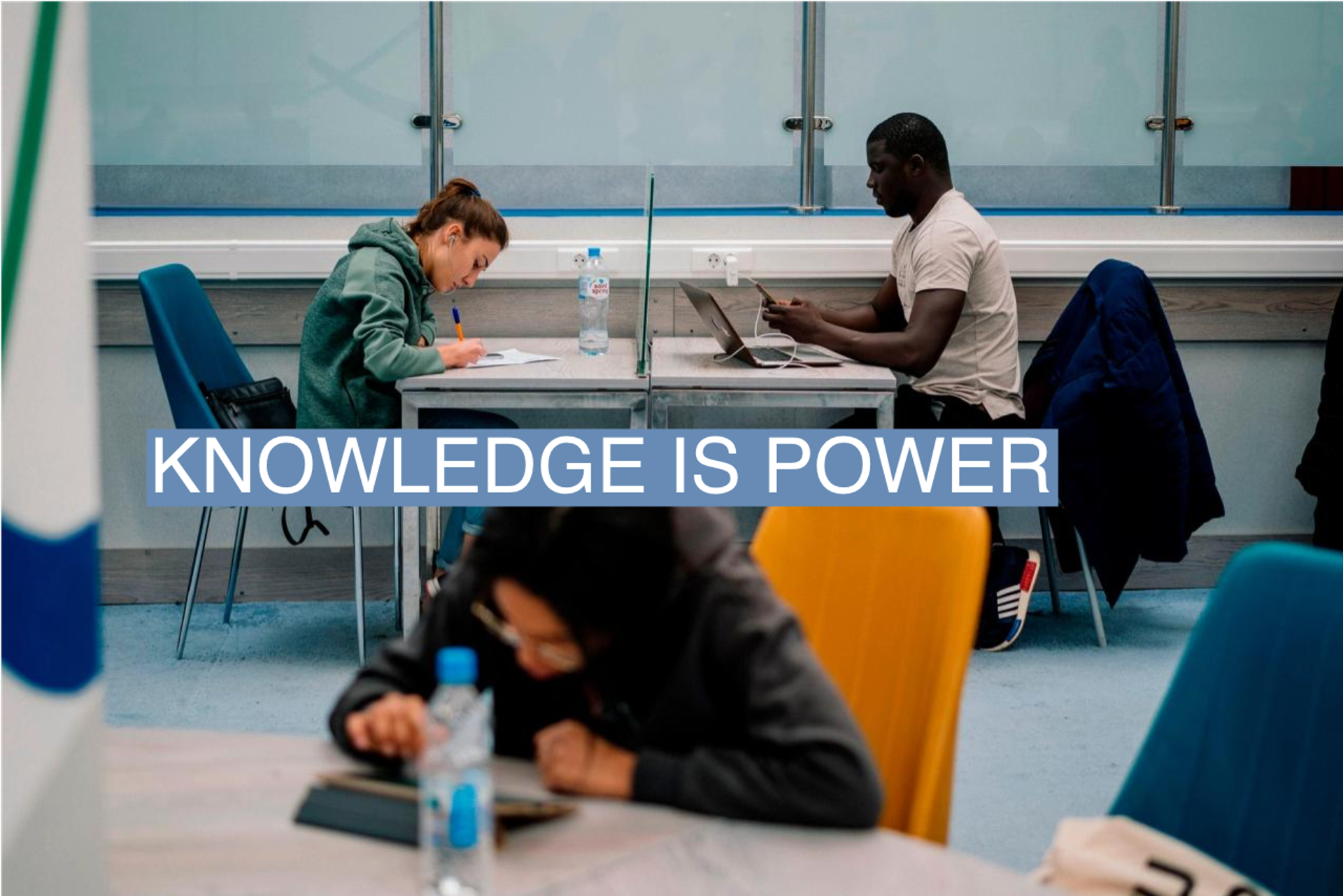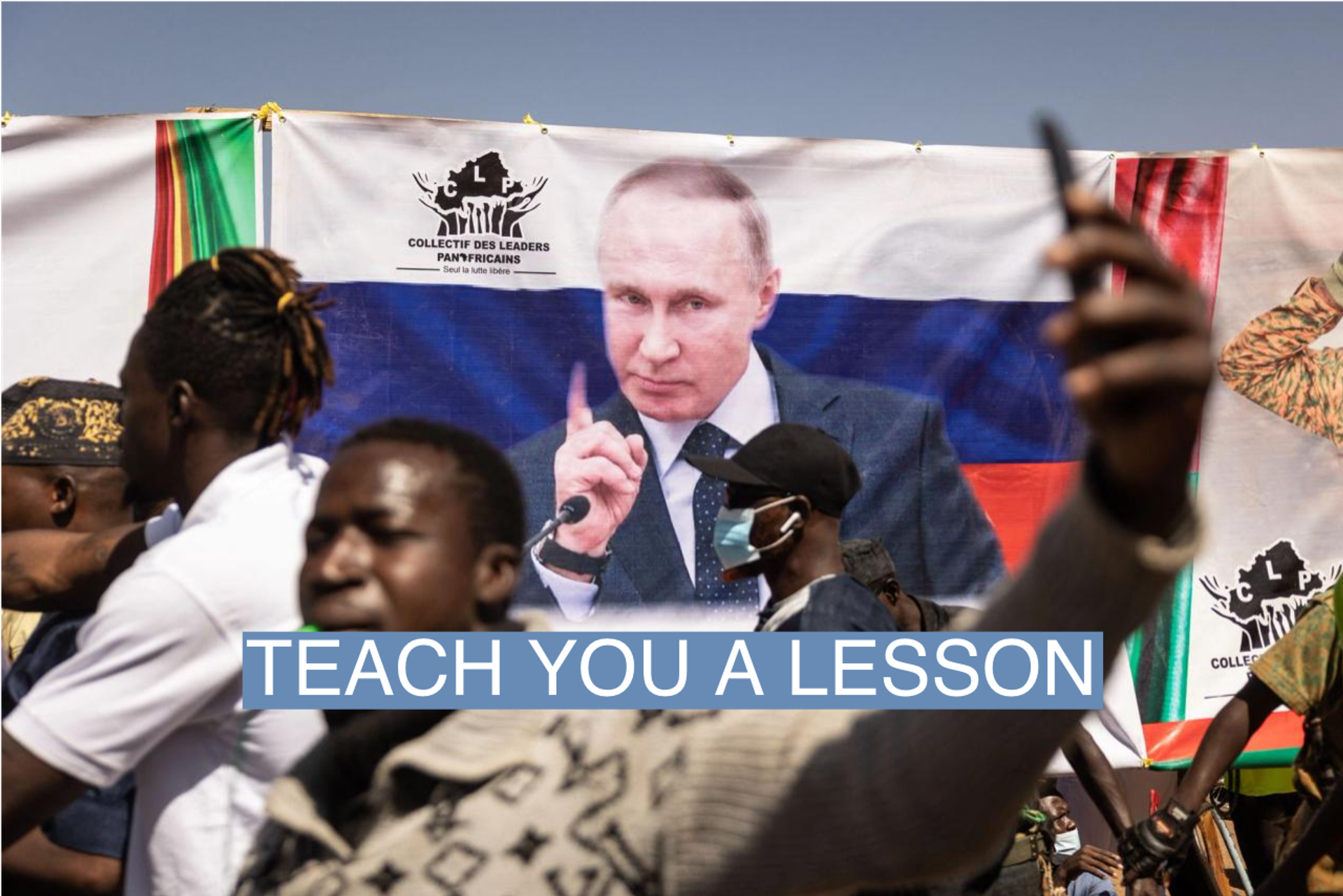The Scoop
NAIROBI — Russia has recruited hundreds of young Africans to its Russian language and cultural programs across the continent over the past year as the spearhead of a wider push by the Kremlin to use education to deepen its ties with everyday citizens and governments.
The courses are being offered online as well as in person at cultural hubs — called Open Education Centers — which are being launched at sites in more than half of the countries on the continent, mostly in partnership with local universities.
In Kenya, East Africa’s largest economy, free Russian classes were first unveiled in March last year. Russia’s ambassador to Kenya, Dmitry Maksimychev, told Semafor Africa the free classes had driven a tenfold increase in the number of Russian language learners in Kenya between 2018 and 2023, with 900 people having enrolled in physical and online classes last year. One student who took part in the online classes told Semafor Africa that each class had around 30 students, with the course running for six months.
Hundreds of students in Ghana, Côte d’Ivoire, and Nigeria have signed up for these courses while Open Education Centers were launched last year in Egypt, Zimbabwe, Uganda, Ethiopia, Tanzania, Tunisia and DR Congo. And a memorandum of understanding was signed in September to establish a center in South Africa. Russian officials have said Moscow plans to locate its centers in 28 African countries.
The language courses have already been “a great success,” claimed the Russian ambassador.
Know More

Russian President Vladimir Putin has sought to strengthen ties with African countries in trade, security and diplomacy in the face of efforts by Western countries to isolate it politically and economically over the war in Ukraine. In November, it began shipments of over 200,000 tonnes of free grain to six African countries and the presence of private military group Wagner in some African countries, including the Central African Republic (CAR) and Mali, have increased Russia’s presence on the continent.
Putin laid out plans to strengthen Russia’s relationship with the continent through language and education during a speech at last year’s Russia-Africa summit in St. Petersburg. He emphasized the role of the education centers and announced an increase in scholarships for Africans to study in Russia. Putin said the number of Africans benefiting from scholarships to study in Russian universities had grown 150% in the past three years and “will exceed 4,700 students” in the 2024 academic year.
Higher education scholarships historically bolstered Africa’s relationships with the Soviet Union. Various programs have enabled Africans to study in Russia on scholarships since the 1960s.
Martin’s view
Russia is making a long term bet on Africa. The continent offers a golden opportunity to develop strong ties to counteract the West’s global influence and set up potentially lucrative deals, from trade pacts to agreements providing access to valuable natural resources.
The offer of education shows Moscow has learned from both the Soviet Union’s historical relationship with African countries. Parallels can also be drawn between Russia’s education centers and Beijing’s controversial Confucius Institutes, which opened across the continent to promote the Chinese language and culture. Russia will be keen to emulate China’s success in establishing a valuable foothold in the continent.
Western countries have been raising barriers for student visas for young Africans as migration to the UK, Europe and the United States in particular has become a politically toxic battleground. Added to that, the foreign student tuition fees at most universities in Western countries are prohibitively expensive for students without scholarships.
A grasp of Russian can be extremely useful for those looking to study in the country and is often required by learning institutions. Offering the language courses for free has helped to accelerate their uptake. Courses at typical European language schools can cost hundreds of dollars.
This push may help Moscow to further deepen its influence in countries that have turned their back on the West, in nations like Burkina Faso. But the biggest rewards are likely to unfold over several years through trade ties and alliances that could help to undo Western hegemony in global affairs.
Room for Disagreement
Kester Kenn Klomegah, a policy analyst on Russian affairs in Africa, wrote in December that Moscow was struggling to market its free language courses and there was little interest among Africans to study the language.
“Its usefulness is blurry compared to other foreign languages including French, English language and now Chinese,” he wrote in the Eurasia Review.
The View From Burkina Faso
Russia’s ambassador to Côte d’Ivoire and Burkina Faso Alexey Saltykov, speaking in December, said learning Russian was becoming “increasingly popular” in the two West African countries. He added that a project to establish a Russian Center for Science and Culture was in its final stages.
Burkina Faso’s ruling junta has moved closer to Moscow in recent months, signing an MoU with Russia for the construction of a power plant in October, and discussing possible military cooperation.
Notable
- The BRICS economic bloc has been expanding its influence in Africa through media deals signed by its Moscow-headquartered media network with media companies across Africa.

